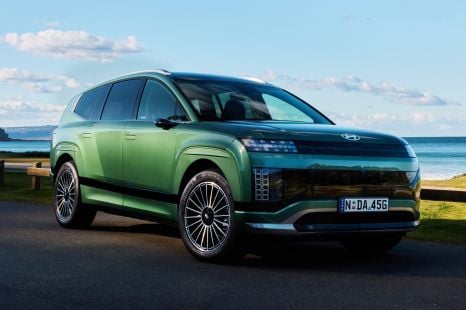

Josh Nevett
2025 Hyundai Ioniq 9 review
4 Days Ago

News Editor
Honda has used the Beijing motor show to preview both an electric rival for the Nissan Ariya and a plug-in hybrid version of its mid-sized CR-V.
The SUV e concept, in Honda’s words, “indicates the direction of a future mass-production model of the Honda brand’s first EV to be introduced in China”.
Honda hasn’t released any powertrain details but promises it’ll be loaded with technology.
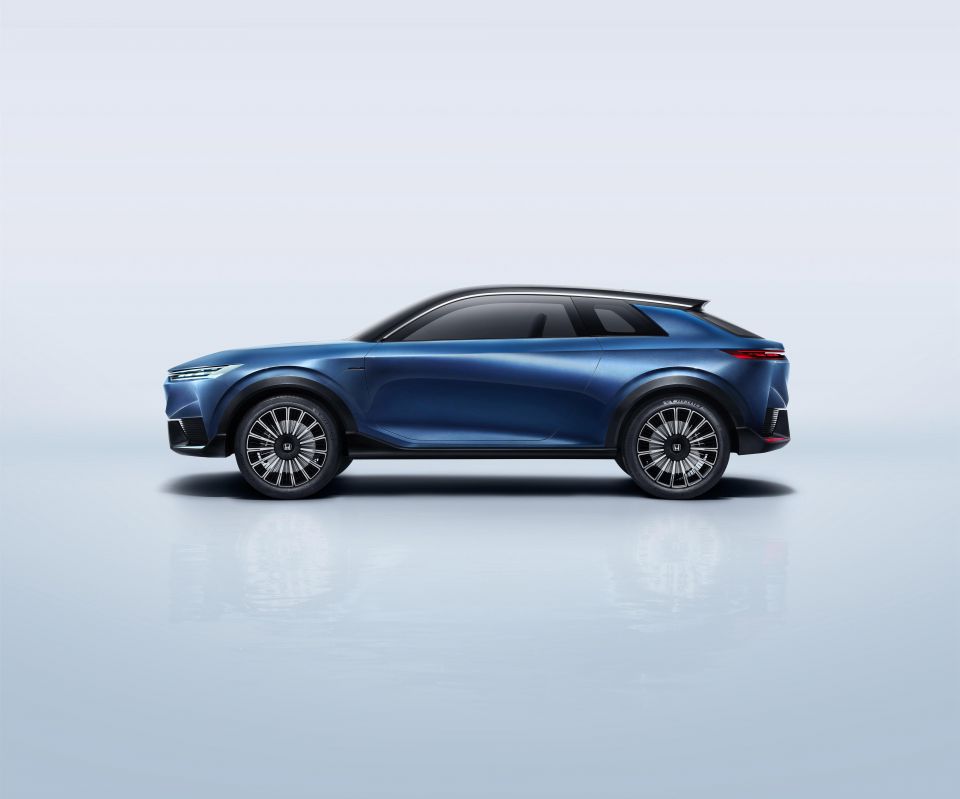
This includes 360-degree radar, which Honda calls omnidirectional ADAS, as well as the next-generation Honda Sensing active safety suite and the next-generation Honda Connect infotainment. The latter features an AI assistant and over-the-air updates.
Much as the e hatchback gained a couple of doors in the transition to production, we except the production SUV e to follow suit. Likewise, considering the production e looks the spitting image of its concept forebear, it’s safe to assume the production SUV e will look similar to the concept.
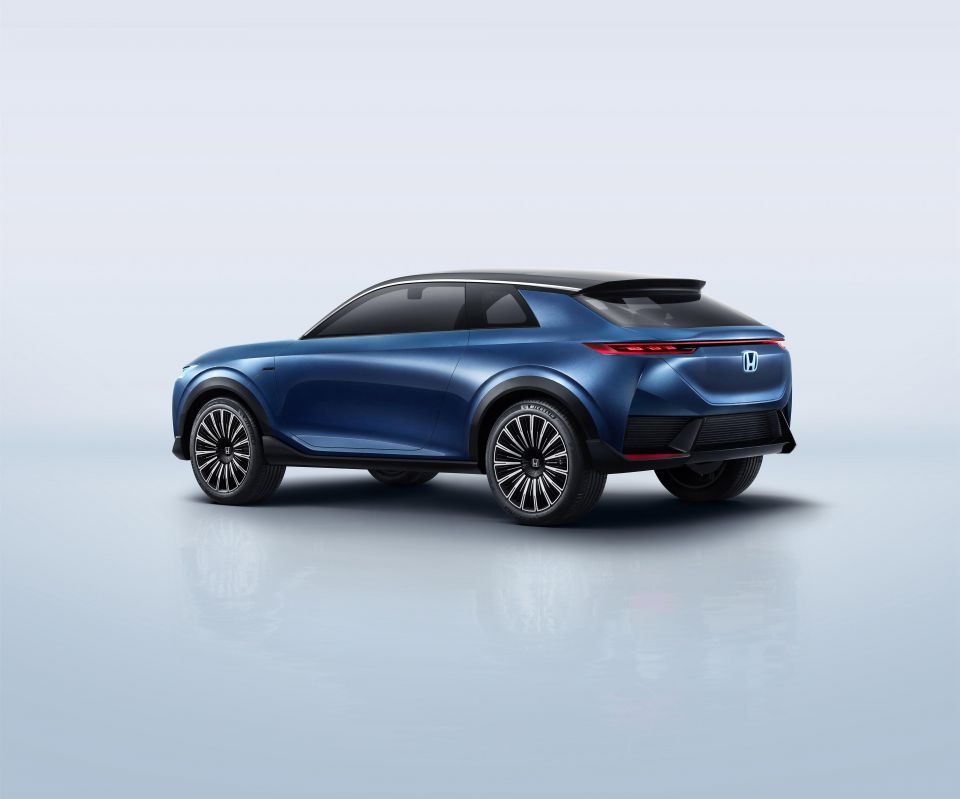
By losing the traditional grille and following the lead of the e hatchback, the SUV e follows a different design language to most current Honda products.
Unusually for an EV, the SUV e boasts an exceptionally long, upright bonnet. A thin strip of lighting wraps around the front end and is matched by a full-width light assembly at the rear.
A spokesperson from Honda Australia said, “The possibility for Honda to introduce this model in other regions is currently being discussed, but nothing has been confirmed and no further details are available at this point in time.”
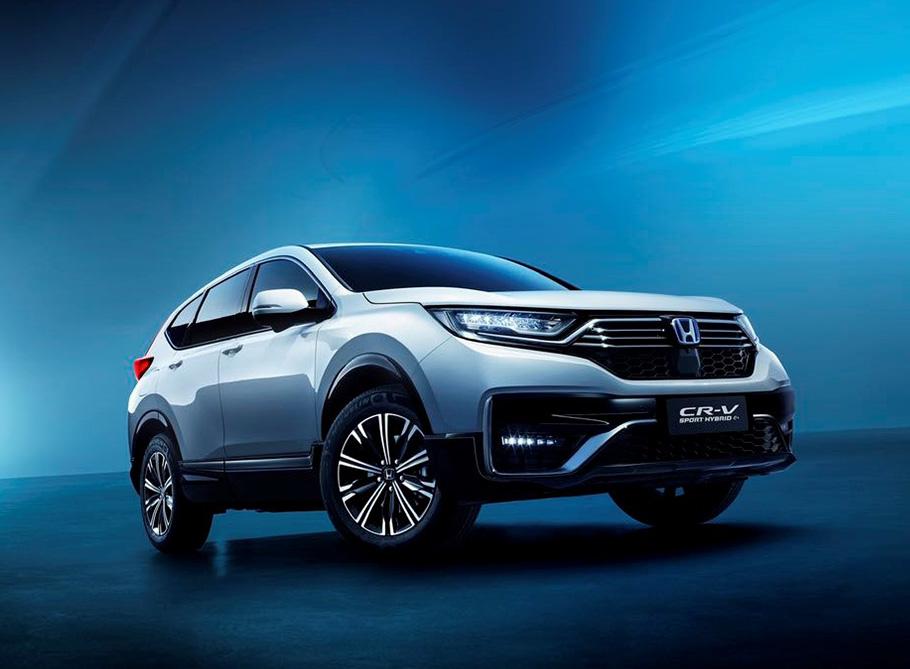
The plug-in hybrid CR-V is the first Honda PHEV for the Chinese market, which doesn’t receive the Clarity sold in other markets. It’ll be exclusive to the Chinese market.
It’ll go on sale there in January 2021 and promises the “most EV-like feel” from its plug-in hybrid system, which is based on Honda’s current Sport Hybrid i-MMD system used in the CR-V and Accord.
That means it’ll likely continue to use a 2.0-litre Atkinson-cycle four-cylinder engine, though Honda hasn’t confirmed the specifications of the CR-V PHEV.
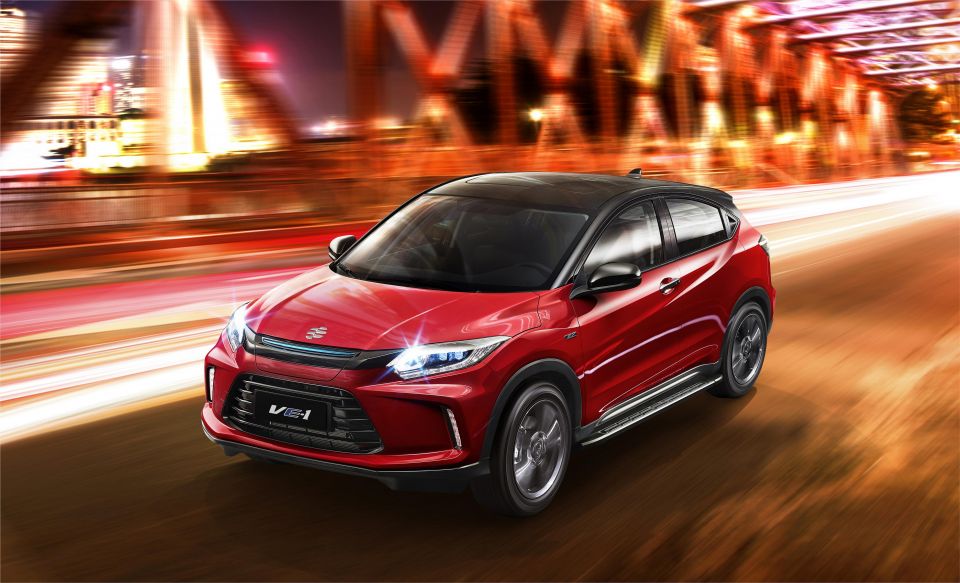
The plug-in hybrid CR-V and the production version of the SUV e will be hugely consequential products for Honda, the second best-selling car brand in China.
The company currently sells only one electric vehicle there, the VE-1, a locally-engineered adaptation of the Honda HR-V sold under the Everus brand.
CarExpert helps new car buyers save thousands with expert reviews, honest advice, and transparent pricing – no dealer pressure and no sales games.
William Stopford is an automotive journalist based in Brisbane, Australia. William is a Business/Journalism graduate from the Queensland University of Technology who loves to travel, briefly lived in the US, and has a particular interest in the American car industry.


Josh Nevett
4 Days Ago
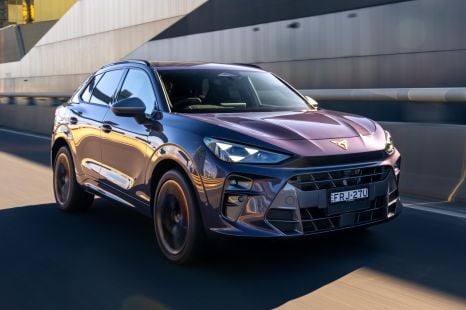

James Wong
4 Days Ago
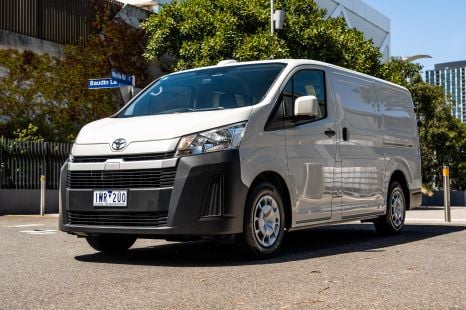

Max Davies
4 Days Ago
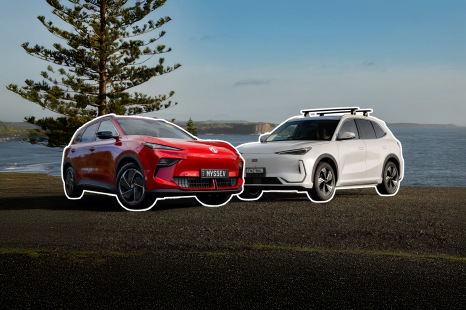

Andrew Maclean
3 Days Ago
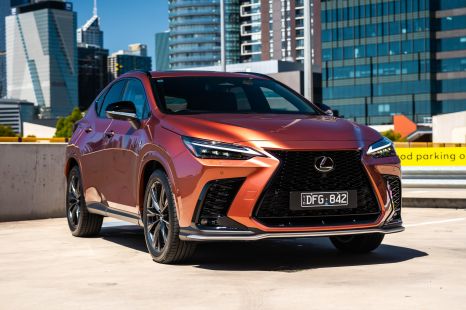

Max Davies
2 Days Ago


Derek Fung
9 Hours Ago